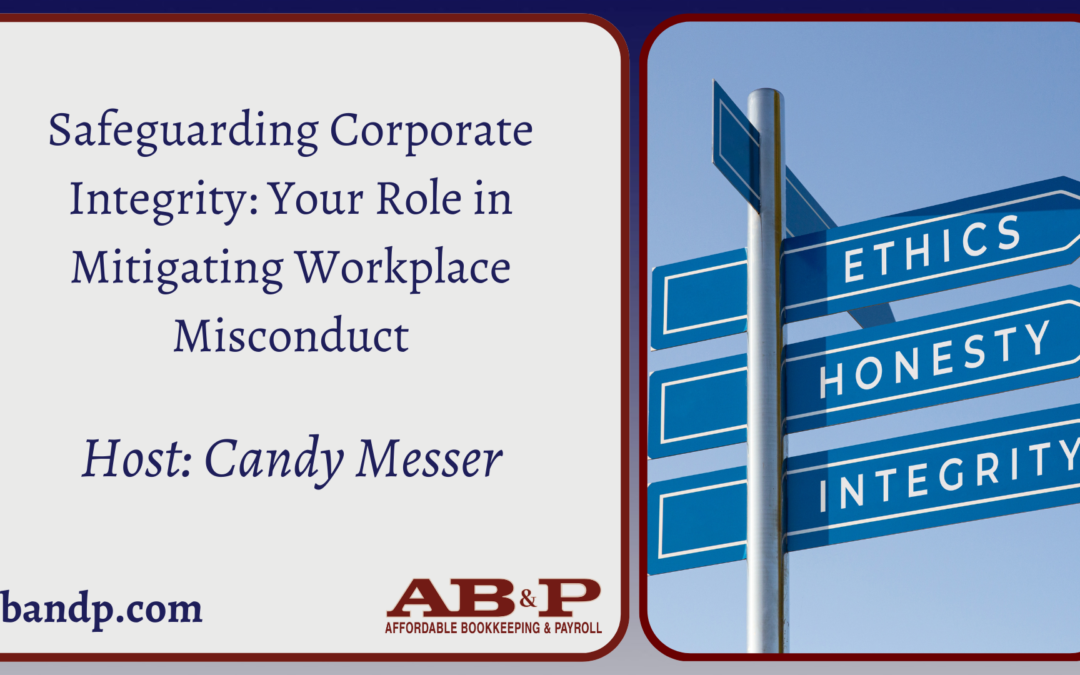In a landmark ruling in Delaware, the court recognized the personal liability of C-suite executives for addressing workplace misconduct, emphasizing their fiduciary responsibility. This ruling underscores leadership’s role in risk mitigation and reinforces the need for stringent measures to safeguard against misconduct. Here are five actionable steps you can take to fortify your organization, protect the bottom line, and uphold corporate integrity.
- The first step is to enhance due diligence during hiring. You can do this by:
- Leverage digital solutions for comprehensive background checks, including an analysis of the candidate’s digital persona.
- Utilize AI-enabled tools to identify patterns that may indicate a propensity for misconduct.
- Ensure compliance and mitigate bias by outsourcing candidate online checks to reputable third parties.
- Secondly, use robust reporting mechanisms such as:
- Fostering a culture of openness by implementing multiple, accessible channels for reporting workplace misconduct.
- Regularly review and act promptly on reports to address issues swiftly.
- Prioritize transparency to mitigate risks and prevent the escalation of problems.
- The third step you can take is to prioritize internal training and workshops. This can include:
- Conducting regular training sessions on acceptable workplace behavior, ethics, and company policies.
- Ensuring internal alignment to reinforce a shared understanding of expected conduct.
- Equipping employees with the knowledge to recognize and report misconduct.
- A fourth step is to create a risk management framework. Things to consider include:
- Collaborating with legal, human resources, and talent acquisition teams to develop a comprehensive risk management framework.
- Establishing policies for hiring, reporting misconduct, investigating reports, and taking corrective action.
- Keeping the plan updated to align with evolving regulations and industry standards.
- Finally, foster a culture of accountability by implementing the following:
- Lead by example in promoting a culture of accountability and integrity. Your actions significantly influence employee attitudes and behaviors, contributing to a culture of accountability.
- Communicate the importance of these values regularly and integrate them into organizational practices.
Your role has evolved to encompass heightened responsibility in addressing workplace misconduct. By implementing these proactive steps, you can contribute to creating a safe, respectful, and accountable workplace. Fostering a culture of respect and accountability not only ensures employee satisfaction but also shields your company, executives, and board of directors from legal repercussions. Ultimately, these efforts lay the foundation for a successful and profitable business while protecting you from any issues related to workplace misconduct.
5 Steps CFOs Should Take to Mitigate Workplace Misconduct | CFO
